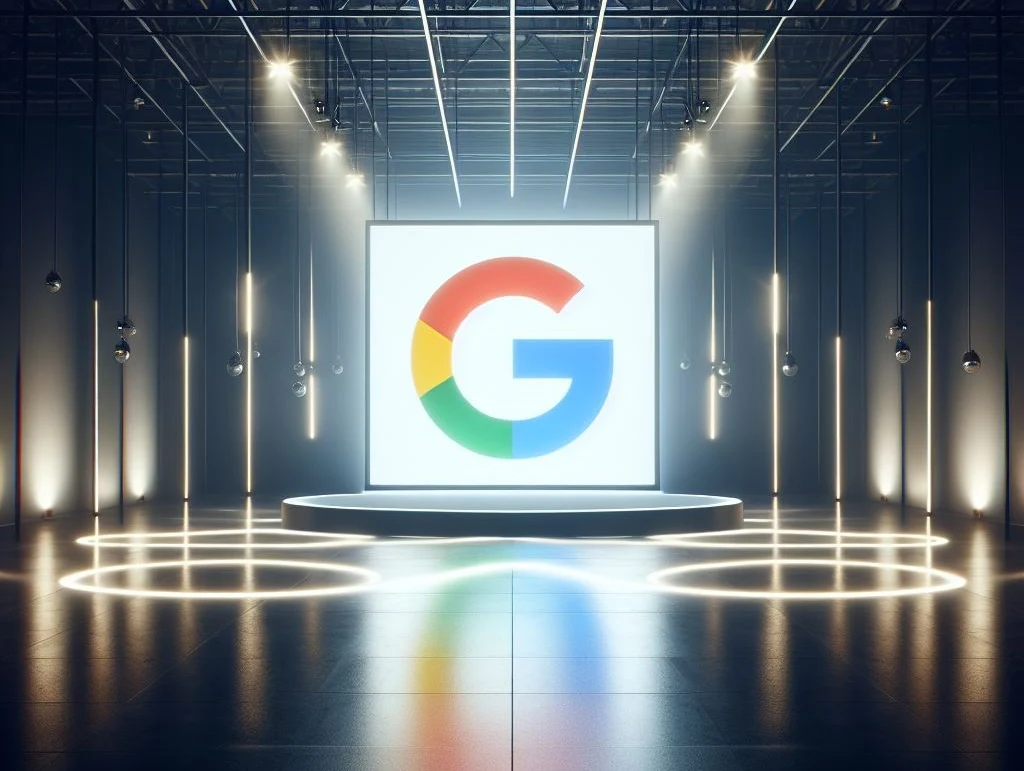Last week, the US Justice Department ruled on a very high-profile case involving search engine giant Google. The company was declared a monopolist and would not be allowed to continue with its usual practices.
While that may have been a win for many, online publishers are now in doubt about the consequences of the decision. They now have to choose between allowing Google to use published content for AI search or risking visibility on the world’s leading search engine.
The main issue lies with Googlebot. This crawler scavenges the internet and ends up indexing live content online. In this way, you get to see results that wouldn’t otherwise be possible when adding search terms.
Similarly, you’re losing out on featuring your web pages across the usual web results. This means less visibility and less engagement, not to mention a fall in revenue. All of this comes amid news about Google’s parent firm Alphabet dismembering into various sections where Chrome and Android would be independent.
While Google does use separate crawlers for the Gemini chatbot, its leading crawler will cover AI Overviews and other kinds of searches. So in the end, online publishers will suffer. It’s all very simple. Giving Google the leverage of including published content in AI replies means people won’t be visiting your page like before. Why would anyone click when they’ve found the answer in the AI Overview, right?
The other option is blocking Googlebot which reduces search visibility and decreases income, not to mention a fall in long-term competition. Blocking is not an option as you lose users and visibility.
Another issue has to do with Google giving more advantages than other small-scale startup firms. The tech giant gets so much free data training from online publishers that wish to be prevalent in its search. Meanwhile, AI startups must pay publishers to get access to material while Google benefits for free.
Google is certainly making the most of this position. As it is, publishers are so desperate, and then to learn that the industry has so many financial issues does not help. Did we mention how experts predict Google’s AI search replies will result in a 20 to 60% fall in traffic related to organic search?
It all depends on the US Justice Department which will ultimately decide Google’s fate and in turn the fate of online publishers.
Image: DIW-Aigen
Read next: Surprise For Advertisers As Google Ads Mysteriously Show Up On X
While that may have been a win for many, online publishers are now in doubt about the consequences of the decision. They now have to choose between allowing Google to use published content for AI search or risking visibility on the world’s leading search engine.
The main issue lies with Googlebot. This crawler scavenges the internet and ends up indexing live content online. In this way, you get to see results that wouldn’t otherwise be possible when adding search terms.
Similarly, you’re losing out on featuring your web pages across the usual web results. This means less visibility and less engagement, not to mention a fall in revenue. All of this comes amid news about Google’s parent firm Alphabet dismembering into various sections where Chrome and Android would be independent.
While Google does use separate crawlers for the Gemini chatbot, its leading crawler will cover AI Overviews and other kinds of searches. So in the end, online publishers will suffer. It’s all very simple. Giving Google the leverage of including published content in AI replies means people won’t be visiting your page like before. Why would anyone click when they’ve found the answer in the AI Overview, right?
The other option is blocking Googlebot which reduces search visibility and decreases income, not to mention a fall in long-term competition. Blocking is not an option as you lose users and visibility.
Another issue has to do with Google giving more advantages than other small-scale startup firms. The tech giant gets so much free data training from online publishers that wish to be prevalent in its search. Meanwhile, AI startups must pay publishers to get access to material while Google benefits for free.
Google is certainly making the most of this position. As it is, publishers are so desperate, and then to learn that the industry has so many financial issues does not help. Did we mention how experts predict Google’s AI search replies will result in a 20 to 60% fall in traffic related to organic search?
It all depends on the US Justice Department which will ultimately decide Google’s fate and in turn the fate of online publishers.
Image: DIW-Aigen
Read next: Surprise For Advertisers As Google Ads Mysteriously Show Up On X

